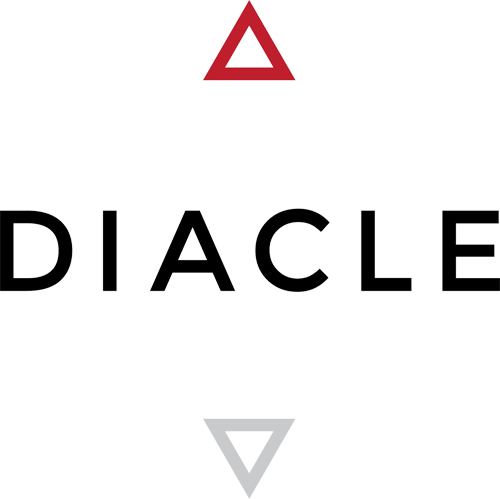Digital Asset Credit Union
The best regulated businesses should have the lightest infrastructure.
The beautiful thing about bitcoin is that it decentralises security to the rest of the network – and this is something to be harnessed.
I’ve been working on a pure digital asset credit union (DACU), which is currently my favourite idea for a regulated business.
You can have a core membership group that has a ‘common bond’, which for a DACU could, arguably, become part of the bitcoin network, or even better, operate a bitcoin node).
Together, they form the Credit Union which involves an authorisation process with the Prudential Regulatory Authority (PRA), if in the UK), which takes from six to 12 months to complete. You can find more (details here).
From a technical standpoint, all the DACU would is a Bitgo multi-signature wallet with insurance behind it and the bitcoin blockchain.
Members pay into a multi-signature wallet held by the Administrator of the DACU – DACU is required to have policies to insure against fraud or misconduct of directors as part of authorisation process – and members apply for loans from the pool of digital assets for their businesses, or as individuals. Profits are generated from the loans business and then distributed to members in dividends.
The DACU only touches digital assets, so it will have to work with third party providers for all other ancillary services, such as the provision of bank cards to members, a Digital Asset exchange for the conversion of loan amounts, or to acquire Digital Assets to deposit with the DACU.
Identity management can be outsourced to a third party, such as to the partner Digital Asset exchange, too. If you wanted to make the structure even lighter you could ask all members to apply for Estonian e-ID, for example, and then form a partnership with Estonia whereby the DACU team helps members fast track acquiring e-IDs – like a Consular office. In fact, you could ensure that this part of the ‘common bond’ requirement is that everyone in the DACU must have an Estonian e-ID.
An interesting angle for DACUs is that they could be used as a micro-lending platforms for the developing world, yet authorised from the UK. You could also build a DAO on Ethereum to disperse small emergency loans to members, where needed i.e. during closed hours. You could use Abra as the delivery mechanism of the micro-loans for members.
Of course, a DACU is not going to appeal to all risk appetites. Also, the discussions with the Prudential Regulation Authority (PRA) regarding the concept of decentralised security via the bitcoin network will be very interesting. They may argue that the DACU is not receiving deposits if it only receives bitcoin, in which case you would need to switch to credits on a distributed ledger, such as SETL.io or Ripple.
Another factor is that the DACU is a great training ground to build up a strong client base, to then upgrade to the first Digital Asset Bank (DAB). But, one step at a time.
Anyone interested in this DACU idea should reach out to us at: info@blog.diacle.com.
